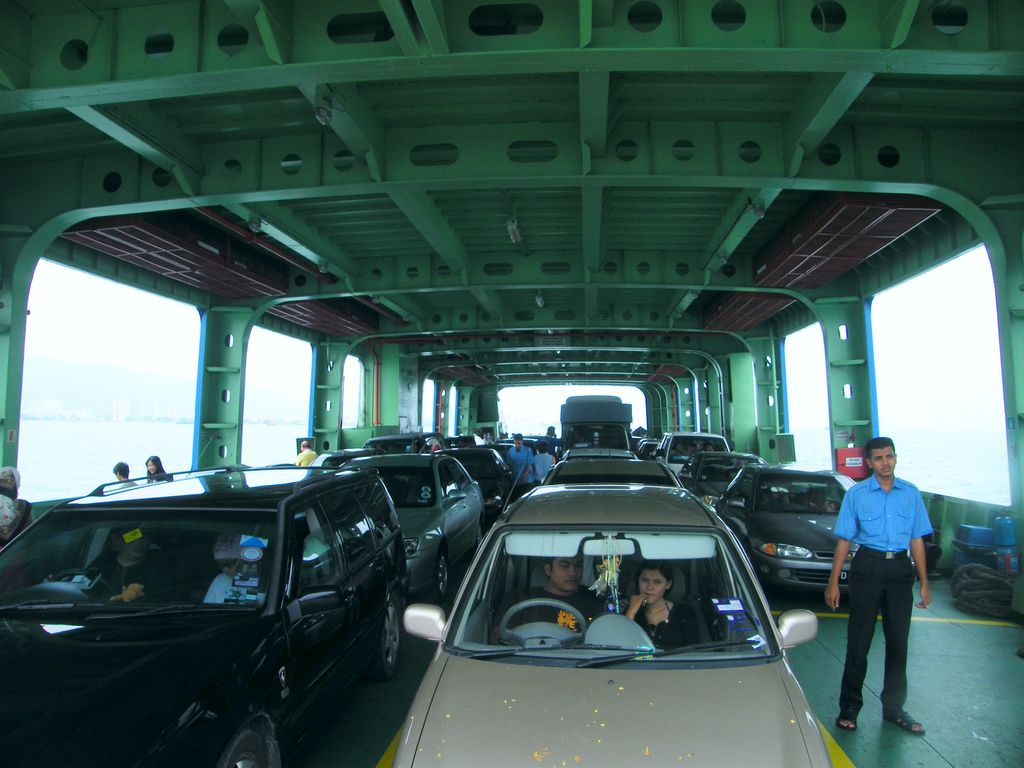On 29 September 2014 the last ever ferry route between the UK and Scandinavia was discontinued, with its operator DFDS calling it an “end of an era”.
DFDS blamed the closure of the Esbjerg-Harwich line on a significant fall in passenger numbers, which had dwindled from a peak of 300,000 to 80,000 annually, apportioning part of the blame to the rise in popularity of low-cost airlines.
By George, he’s got it
This was much to the dismay of George Moore, who at the time was a 14-year-old Brit based in the English Midlands.
He started a petition “for his family who aren’t tech savvy” to reopen the line.
Moore argued that the route, which opened in 1875, was not just the best way to travel between the two countries, but was vital to both ports and their local economies.
The fight goes on
The petition has attracted 11,000 online signatories, whilst a Facebook page, the ‘Reopen Harwich to Esbjerg Ferry’, has close to 2,000 members.
And while Moore has handed over the day-to-day administration to concentrate on his university studies, the fight continues.
James Drennan, one of the new admins, argues that the ferry route is the only sustainable option, as road journeys through northern Europe tend to congest the German autobahns.
In the event of a No-Deal Brexit, he is optimistic that the return of duty-free travel would increase passenger traffic by rail to the ports, which would be good for both economies.
Never going to happen?
However, there is no sign of the route reopening.
Not long after the route was initially closed, Dave Darlington – the British owner of the Randers-based company Food From Home, which has been supplying British and US food products to Danish supermarkets for 20 years – said the route was too expensive.
READ MORE: Bring back the Harwich-Esbjerg ferry! But is it really worth it?
He told CPH POST that the petition was a “total waste of time”, and that its reopening “was never going to happen”.
Darlington stated that the up-from-France option has always been most Danish-based importers’ preferred method of bringing British goods – simply because it’s cheaper and quicker.
Gert Jakobsen, the vice president of DFDS Seaways Group Communications, concurred that it was unlikely the route would open.
“It is really difficult to predict the future, but as we see it now we don’t see it would be possible to run a viable route,” he told CPH POST in 2016.















